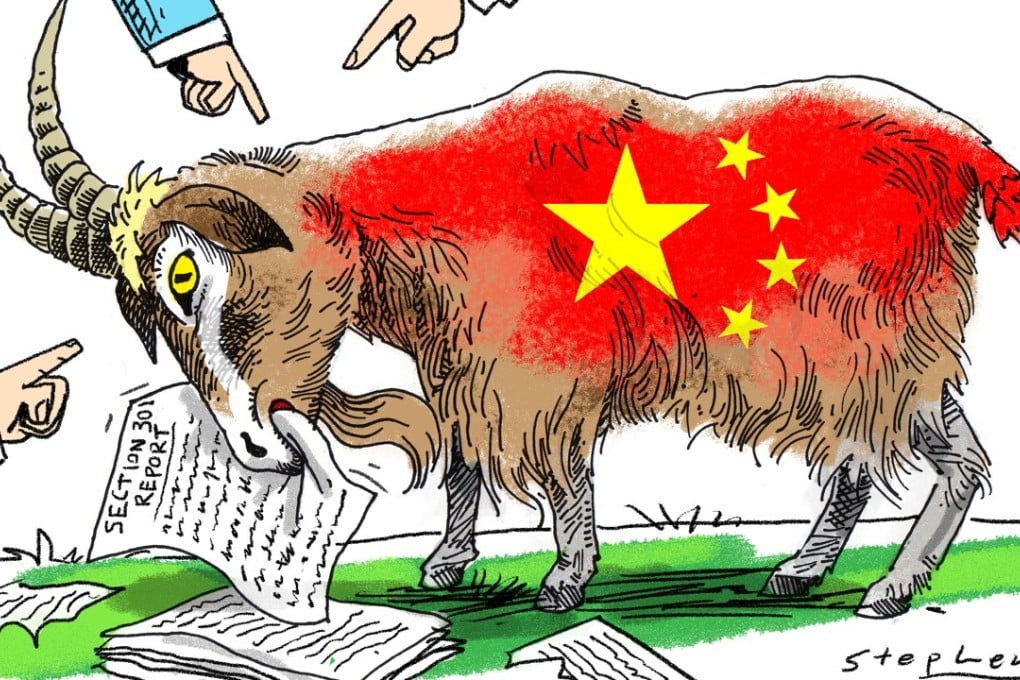Why the US has a weak case against China’s ‘unfair’ trade practices
Stephen Roach says the claims of hostile trading policies that the US trade representative has made against China ignore the diminishing threat of Chinese cyberespionage and the history of industrial policy among the US and its allies

But don’t be fooled. The report is wide of the mark in several key areas.
First, it accuses China of “forced technology transfer”, arguing that US companies must turn over the blueprints of proprietary technologies and operating systems in order to do business in China. This transfer is alleged to take place within the structure of joint-venture arrangements – partnerships with domestic counterparts which China and other countries have long established as models for the growth and expansion of new businesses.
Yes, as we joined our partners in creating China’s first investment bank, we shared our business practices, proprietary products and distribution systems. Yet, contrary to the assertions of the US trade representative, we were hardly forced into these arrangements. We had our own commercial objectives and wanted to build a world-class financial services firm in China. By the time we sold our stake in 2010, the bank was well on its way to attaining those goals.